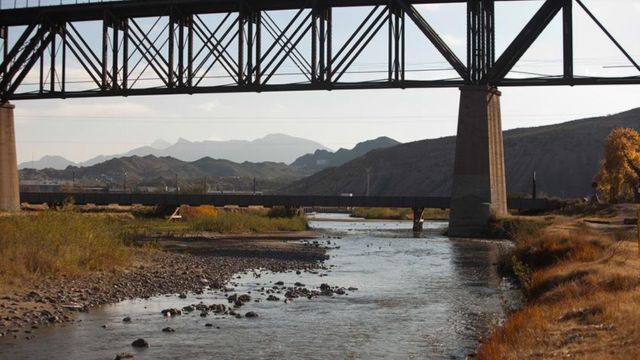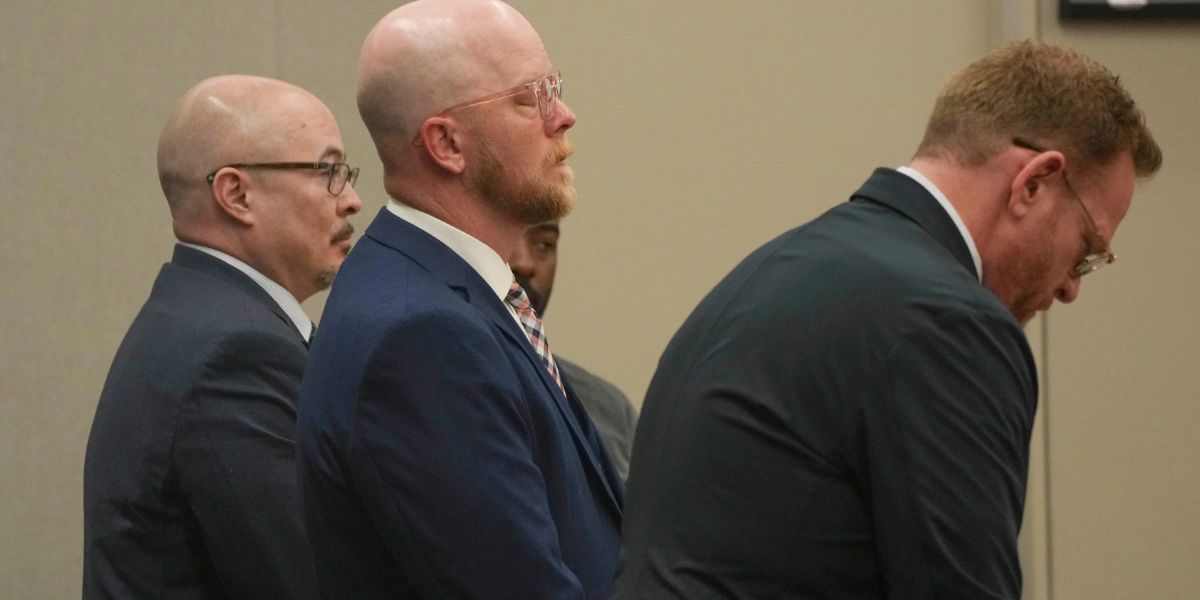On Friday, the Supreme Court turned down a deal between western states over how to run one of North America’s longest rivers.
The justices decided 5-4 that the deal for Texas and New Mexico to share water can’t go through because the federal government is still worried about how New Mexico is using water from the Rio Grande, which Colorado also uses.
After recognizing those interests and letting the US step in to protect them, “we cannot now let Texas and New Mexico leave the US up the river without a paddle,” Justice Ketanji Brown Jackson said in reading the majority opinion. Justices Sonia Sotomayor, Elena Kagan, Brett Kavanaugh, and John Roberts all agreed with her, even though they had different political views.
In a separate opinion, Justice Neil Gorsuch said that the US’s idea of how water should be shared between the two states is “so aggressive that New Mexico fears it could destroy its economy.” He wrote, along with Justices Clarence Thomas, Samuel Alito, and Amy Coney Barrett, that the high court’s decision “goes against 100 years of this court’s water law jurisprudence.”
The state engineer of New Mexico said it was disappointing that the high court turned down the deal that a federal judge in charge of the case had suggested.
Mike Hamman, whose office is in charge of managing the state’s water resources, said, “We need to keep working to make the aquifers in the Lower Rio Grande region sustainable. Long-term solutions are more likely to come from parties working together than from continuing to sue each other.”
Concerns were raised by some New Mexico lawmakers about the planned settlement. It would have meant that the state would use less water from the Rio Grande by doing things like paying farmers to leave their fields empty and improving infrastructure.
The largest irrigation district in New Mexico, Elephant Butte Irrigation District, lawyer Samantha Barncastle was happy with the decision and said that her group hopes all sides will go back to the settlement table and work out a new deal.
In the last 20 years, drought and climate change have made it so that farmers in southern New Mexico have had to depend more on groundwater wells. This is because the Rio Grande has had less water in its reservoirs and less water flowing through it. When Texas sued over the groundwater pumping, they said that it was reducing the amount of water that was supposed to be provided as part of the interstate compact.
U.S. Circuit Judge Michael Melloy had already said that the plan was a fair and reasonable way to settle the dispute that was in line with an agreement that had been in place for decades for sharing water.
The federal government, on the other hand, raised a number of concerns. One was that the plan did not set clear limits on how much water New Mexico could capture or use.




